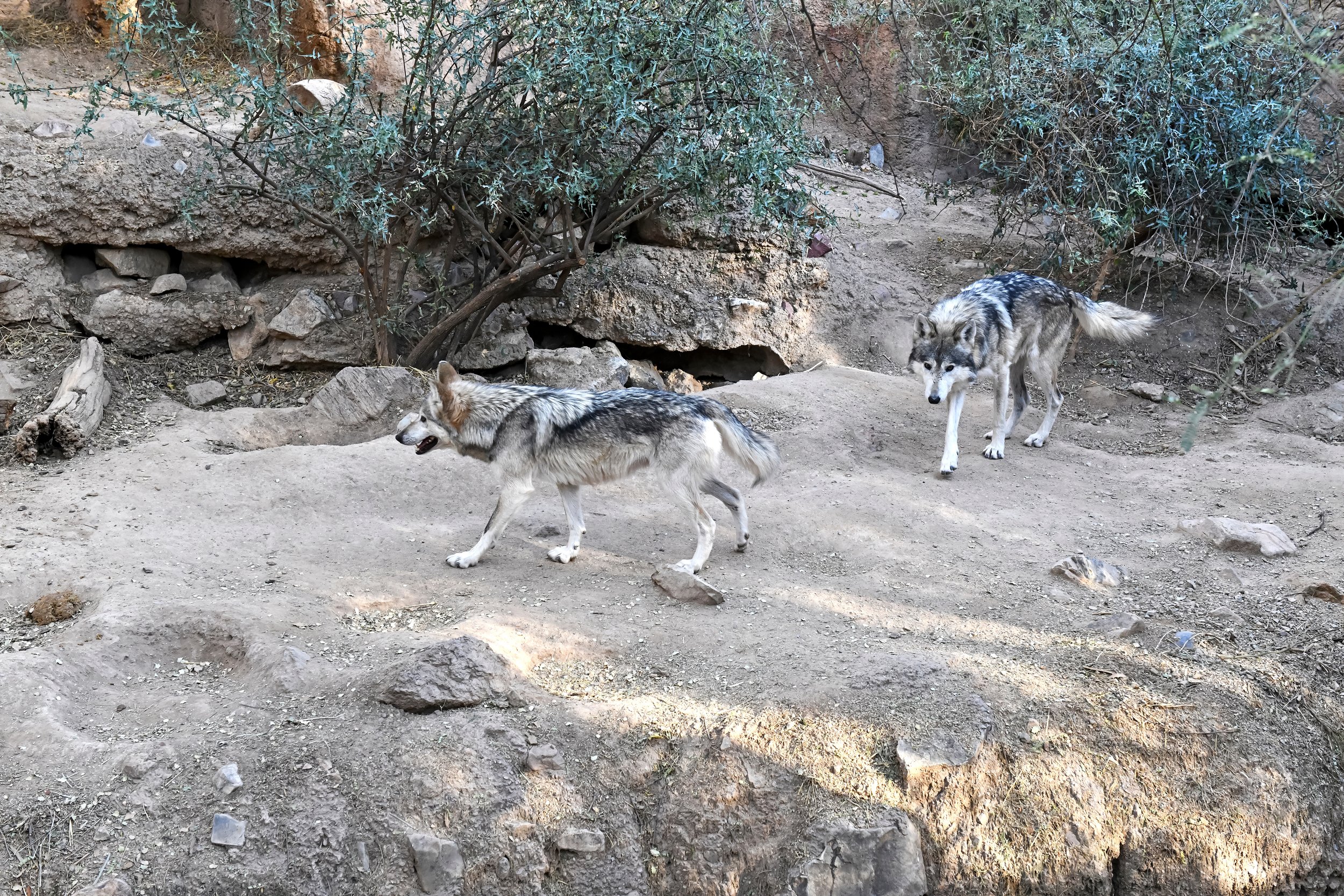New protections at play for Mexican gray wolves
Last week, Wildlife Services — a program within the U.S. Department of Agriculture — released updated standards for use when confirming livestock deaths due to Mexican gray wolves in New Mexico and Arizona.
Mexican Gray Wolf recovery in New Mexico
Hundreds of wolves and mountain lions are intentionally killed each year by Wildlife Services at the request of public lands ranchers who claim the apex predators have killed their livestock on the federal land their sheep and cattle graze. Historically, however, some employees tasked to carry out the tax-funded program question the validity of ranchers' claims and the shockingly large amount of removal orders (documentation of approval for Wildlife Services or ranchers to kill the alleged predator) signed by other colleagues. Furthermore, upon investigation by expert depredation wildlife investigators sifting through such reports, they've corroborated the unlikelihood that the depredation numbers reported by ranchers include hard evidence of killings.
This new set of standards strengthens protection for wolves in the two states, requiring clear indication of wolf encounters, like subcutaneous hemorrhaging as evidence that the livestock was alive during the encounter.
Deputy Director of Western Watersheds Project, Greta Anderson, said in a press release, “Our goal has been to make sure that Mexican gray wolves aren’t being unfairly blamed for livestock depredation. The over-reported incidence of wolf involvement in cattle deaths in the Southwest has had negative impacts on the wolf recovery program, including the killing and capture of wild wolves. We’re hoping the new standards help prevent that from happening again.”
Ranchers are reimbursed for the loss of livestock, through the Fish and Wildlife Service’s Wolf Livestock Loss Demonstration Project Grant Program, but claim the single payment isn't enough to account for the loss of future generations of stock. In 2022, the Grant Program issued $238,700* in compensation to ranchers in Arizona and New Mexico. The Grant Program also issues funds to ranchers for "proactive nonlethal preventative measures" such as the purchase of fencing and livestock guard dogs, as well as for compensation of range riders. In 2022, the government awarded $155,345* to ranchers for such preventative measures.
Source: fws.gov

